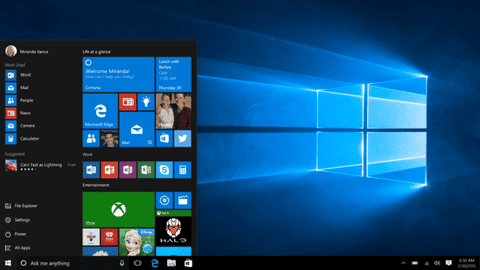Remember the days when a “clean Windows installation” meant no bloatware or third-party apps right from the start? Those were good times that seem unlikely to return. Nowadays, even a clean Windows 11 installation comes with numerous bundled apps. Some of these apps may seem out of place in an operating system which focuses on productivity. (Does Microsoft truly believe that having TikTok pinned to the Start improves productivity?)
Some Windows Installations Come with Unwanted Apps
There may be various methods available to ensure a new Windows installation is free from bloat. These may include using clever region tricks or a more radical approach with a modified Windows image. However, some users may still find a few unwanted apps on their systems. According to Druckerchannel, this has been the case for some Windows users.
The blog reports that PCs and virtual machines have suddenly installed HP Smart, an app designed for managing HP printers and other peripherals. The puzzling part is that none of these devices were connected, nor had they ever been connected to any HP accessory or account.
Microsoft is Investigating Why Some Windows Installation Come with Unwanted Apps
A Microsoft spokesperson informed Windows Latest that the company is aware of the complaints and is currently investigating the situation. In the meantime, for users who unexpectedly find the HP Smart app on their Windows 10 or 11 PC, there’s no need to hesitate. You can remove it without any reservations—simply right-click on the app and select Uninstall.
It’s important to mention that the HP Smart app appears to be coming from a legitimate source, so its presence doesn’t necessarily indicate a malware or adware infection on your computer. However, the debate around such practices remains significant.
Interestingly, this isn’t the first instance of a Microsoft product exhibiting unusual behavior. Some months ago, users of Microsoft Edge found that the browser had installed the Google Docs extension without providing any warning or seeking permission. Whether these actions are intentional or not, they tend to provoke frustration among consumers, and Microsoft can expect some backlash for the unexpected inclusion of the HP Smart app.
